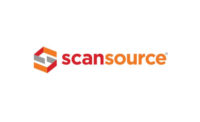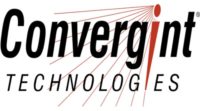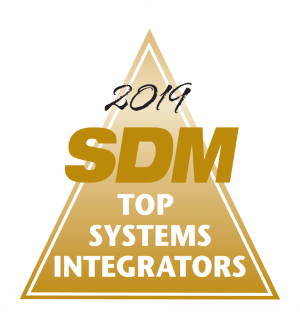Convergint announced that as a result of an increase in customer demand across the industry, the number of colleagues serving its healthcare vertical business has grown 175 percent year-over-year from 2022 to 2023.
The Schaumburg, Ill.-based systems integrator said it has also seen a 15 percent year-over-year growth in its customer base, as the company helps tech leaders, from IT directors to CIOs, address critical challenges across the healthcare industry, including physical security, workflow efficiencies and the protection of sensitive information.
With approximately 900 colleagues in the United States and internationally dedicated to the healthcare industry, Convergint offers a wide range of services and solutions, including patient care management, virtual care support, location intelligence and situational awareness, fire alarm and life safety, cybersecurity and more.
“The healthcare industry has been facing multiple headwinds, including clinical workflow challenges, staffing shortages, increased workplace violence, and a rise in complex data breaches,” said Chris Lutz, vice president, healthcare vertical, Convergint. He added, “Now more than ever, there is a need for our healthcare customers to leverage emerging technology to maintain and improve efficiency while keeping patients and employees safe, and we’re proud to deliver the highest-quality systems and service to the industry.”
To meet the growing need for workflow efficiencies and security in healthcare facilities — including hospitals and long-term care, life sciences, health insurance, and a recent expansion into the cannabis market — Convergint and its partners address three key customer challenges to keep staff, patients and visitors safe:
- Workplace Violence: Healthcare facilities are now among the most dangerous places to work in the U.S. due to workplace violence, and proactively identifying security risks is a top priority. Physical and electronic security posture improvements, from access control solutions and intrusion alarms to wearable duress buttons for staff, can help prevent instances of workplace violence.
- Data Protection and Patient Privacy: The healthcare sector is frequently targeted by hackers due to its data-rich environments. Cyber hygiene maintenance of operational technologies, including hardening IoT devices, password rotation, and routine software updates, helps proactively prevent these breaches that, on average, cost facilities $11 million.
- Operational and Clinical Efficiency: Staffing shortages over the past few years are impacting the healthcare industry, as The World Health Organization estimates a shortfall of 10 million healthcare workers around the world by 2030. Technology advancements, including computer vision, data analytics, and AI, help to alleviate this pressure and drive efficiency.
Convergint implements and integrates leading, innovative technology to help customers minimize security risks and liability, automate processes, optimize workflows for clinical and operational efficiency, and streamline patient care. As a result, the healthcare facilities Convergint works with are said to be experiencing an increase in return on investment through improved revenue and patient satisfaction scores, reducing liability costs through risk mitigation, and by creating a more efficient use of facility occupancy rates.
Ranked as the No. 1 systems integrator in SDM’sTop Systems Integrators Reportfor the past six years, Convergint staffs more than 9,000 colleagues and more than 200 locations worldwide.






